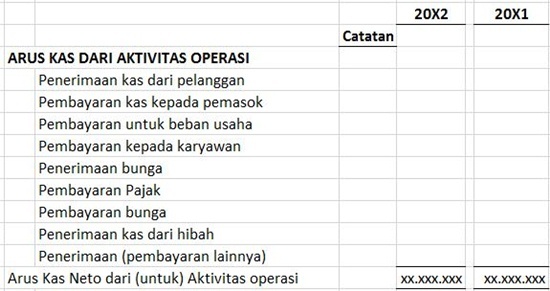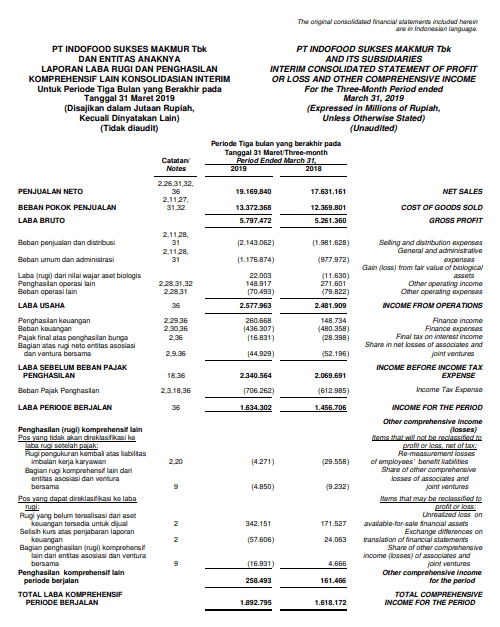

The Economic Consequences of Increased Disclosure (Digest Summary). Intermediate accounting: IFRS edition (Vol. Theory of the firm: Managerial behavior, agency costs, and ownership structure: Springer. The Conceptual Framework for Financial Reporting: IFRS Foundation London. Draft Exposure): London, IASC Foundation Publications Department (May 2008)“… an assertion, proposition, statement or belief, is true if, and only if, it corresponds to the facts. An improved Conceptual Framework for Financial Reporting–Chapter 1, The Objective of Financial Reporting Chapter 2, Qualitative Characteristics and Constraints of Decision-useful Financial Reporting Information (Vol. Journal of accounting and economics, 31(1), 3-75. The relevance of the value-relevance literature for financial accounting standard setting. Journal of accounting and economics, 31(1), 405-440. Information asymmetry, corporate disclosure, and the capital markets: A review of the empirical disclosure literature. The effect of firms' financial disclosure strategies on stock prices. Financial Statement Analysis, 2/e: India: Pearson Education.įrancis, J., LaFond, R., Olsson, P. WILEY Interpretation and Application of International Financial Reporting Standards 2010: John Wiley & Sons.įoster, G. The quality of accruals and earnings: The role of accrual estimation errors. Accounting and business research, 22(87), 229.ĭechow, P. The Impact of Size, Stock Market Listing and Industry Type on Disclosure in the Annual Reports of Japanese Listed Corporations. Journal of accounting and economics, 50(1), 2-19. Accrual-based and real earnings management activities around seasoned equity offerings. Journal of accounting and economics, 42(1–2), 87-105. Weighing the evidence on the relation between external corporate financing activities, accruals and stock returns. Journal of accounting and economics, 36(1–3), 147-164. A note on analysts’ earnings forecast errors distribution. Disclosure and the cost of capital: what do we know? Accounting and business research, 36(sup1), 31-40.Ĭohen, D. Quality of Financial Reporting: measuring qualitative characteristics. Journal of accounting research, 67-92.īeest, F. The information content of annual earnings announcements. Judgment in managerial decision making.īeaver, W. International accounting standards and accounting quality. Journal of accounting research, 159-178.īarnard, C. An empirical evaluation of accounting income numbers. The quarterly journal of economics, 488-500.īall, R., & P. The market for" lemons": Quality uncertainty and the market mechanism. Keywords: Quality of Information, Financial Statements, Qualitative Characteristic, Rating.Īkerlof, G. This alternative rating way is simpler and easier, but it has benefits for diverse backgrounds decision makers. Hence, it can be concluded that the rating by using qualitative characteristics of financial statements can be used as an alternative way and provide value-added information. The results showed that the rating of companies that have good, and mid quality in qualitative characteristics are in line with the companies rating using other indicators such as compliance with GCG, the resilience of economy, the business continuity assessed using the financial performance, and also the pattern of active shares in the capital market. The data used was secondary data collected using documentation. This study used an exploratory non mainstream approach on 438 companies in Indonesia.

Accounting viewpoint question is by using qualitative characteristics as indicators that must be met in a Financial Statement. The purpose of this study is to provide alternative rating of quality measurement information from the Financial Statement Accounting standpoint. Currently, easy and time saving way frequently used by decision-makers is the use of intermediary analyzes in the form of rating information on the quality of companies financial statements. High-quality information plays an important role and should be obtained by decision makers from a variety of backgrounds.


 0 kommentar(er)
0 kommentar(er)
